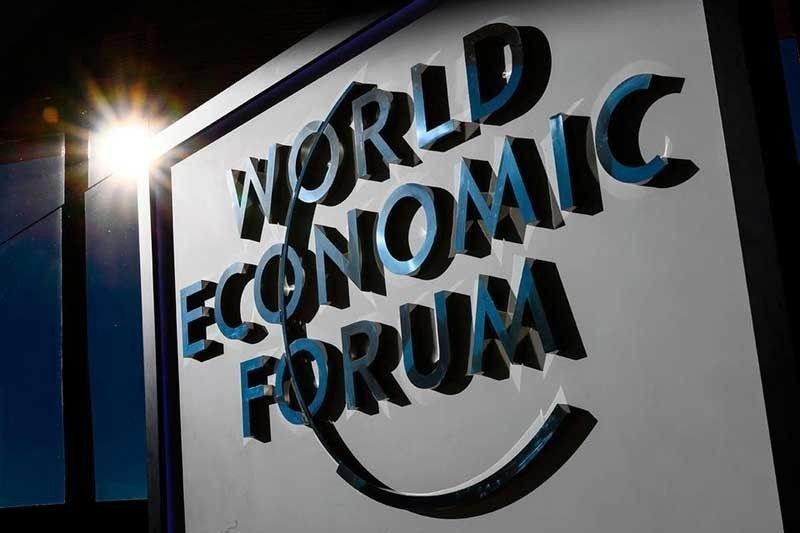Side effect fears may discourage inoculation – global survey

MANILA, Philippines — Concerns about side effects of vaccines against COVID-19 are likely to prevent large sections of populations worldwide from getting inoculated, an international survey showed.
The World Economic Forum (WEF) and market research firm Ipsos conducted the survey on intentions to get vaccinated among 13,542 adult respondents across 15 countries worldwide from Dec. 17 to 20.
It showed among the respondents that they are not willing to be vaccinated because most are worried about side effects.
Others believe the vaccines would not be effective while others cited that they are “not enough at risk from COVID-19.”
A small portion of those unwilling to be inoculated responded that they are against vaccines in general and not having the time to be vaccinated.
The survey covered adults aged 16 to 74 in Canada, South Africa, United States, Australia, Brazil, China, France, Germany, Italy, Japan, Mexico, Russia, South Korea, Spain and United Kingdom.
As of December, China had the highest level of vaccination intent with 80 percent agreeing they would get a vaccine if it were available.
France, meanwhile, had the lowest level of intention estimated at only around 40 percent of the population.
Other than these two countries, the level of intention was fairly high in Brazil (78 percent), Mexico (77 percent), UK (77 percent), Australia (75 percent), South Korea (75 percent) and Canada (71 percent).
It middled in the US (69 percent); Germany (65 percent), Italy (62 percent), Spain (62 percent) and Japan (60 percent).
Along with France, the level of intention was lowest in South Africa (53 percent) Russia (43 percent).
The WEF noted that respondents in Brazil, China, Mexico, Russia and South Africa tended to be residents of urban areas and were more educated and affluent than the general population.
Among those who responded that they would not get vaccinated, between 57 percent and 80 percent mentioned being worried about the side effects.
Doubts about effectiveness are the second most common reason in many countries, cited by as many as 45 percent in Russia, but only 17 percent in Japan.
Not being enough at risk from COVID-19 was mentioned by 32 percent in China and 25 percent in the UK, but only by eight percent in South Korea.
Opposition to vaccines in general was cited by about one in four of those who won’t get a COVID-19 vaccine in Russia and South Africa, but by fewer than 10 percent in South Korea, Japan and China.
The WEF noted that the results of the December survey were an overall improvement across most countries of the intent to get vaccinated.
“As vaccinations roll out, it is encouraging to see confidence improve most in countries where vaccines are already made available,” said Arnaud Bernaert, head of Health and Healthcare at the WEF.
“It is critical that governments and the private sector come together to build confidence and ensure that manufacturing capacity meets the global demand,” he said.
- Latest
- Trending





























